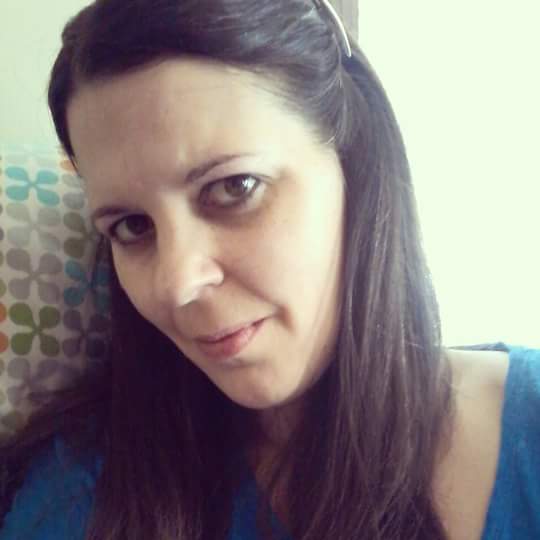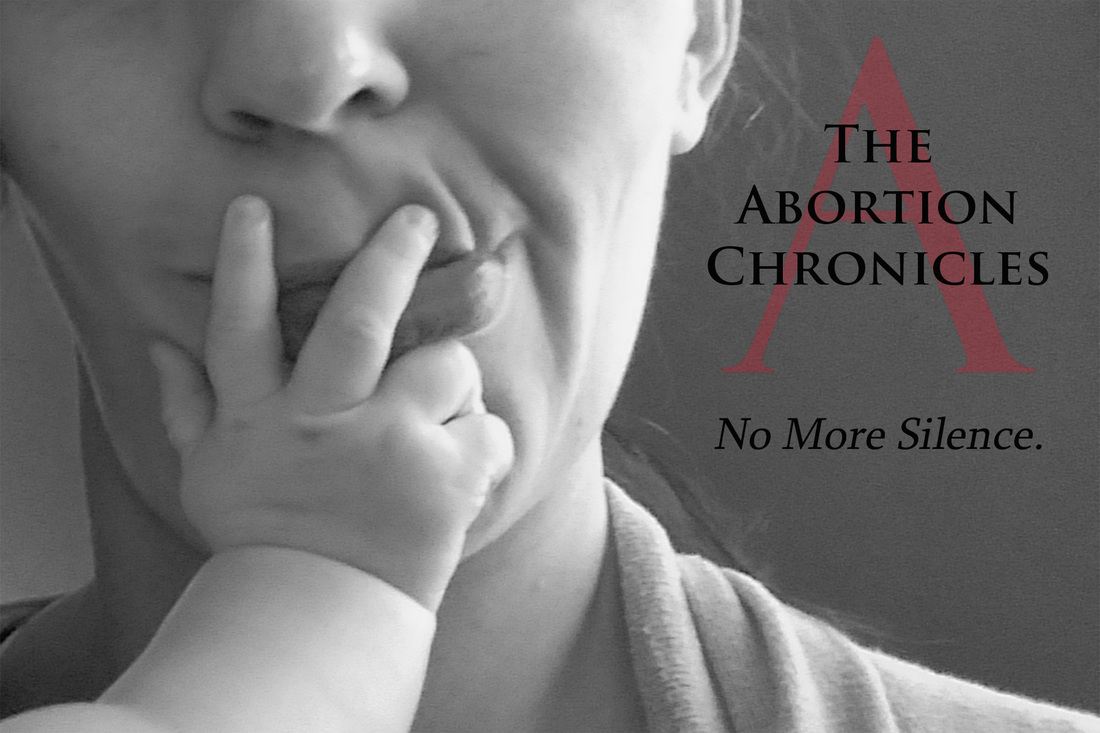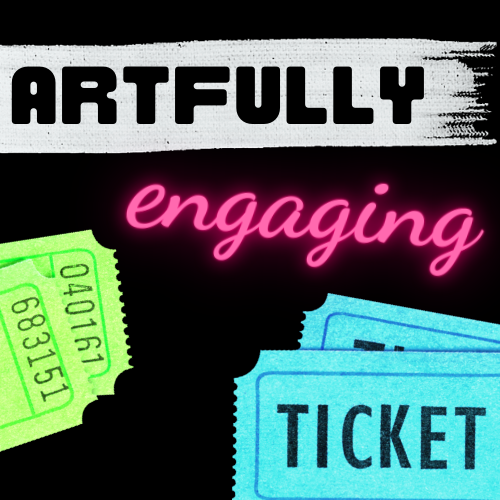The Abortion Chronicles: A Fearless Offering For This Year’s Fringe
by: Eileen Tull
Learn more about Eileen, a performer, writer, and theater creator living in Chicago, at ElileenTull.com.
Tweet with her at @Tullie23 and follow her on Facebook.
See also: Eileen was interviewed by Kendra on the Artfully Engaging blog about her show in the 2015 Minnesota Fringe Festival.
| Ariel Leaf, one of the co-curators of this fascinating and unique piece of theater, presents insight on the creative process, collaboration, and how we can view abortion in 2016. Eileen: Tell me about some of the collaborators involved in this production. Ariel: There are three main curators: Myself, Ruth Virkus and Ben Layne. One of the things we all have in common is that we belong to Freshwater Theatre. Ruth and Ben are the co-artistic directors, and I am a company member. |
I grew up in an activist school and home. I infuse that into much of the theater I do. I have chosen to write or spearhead plays that deal with taboo subjects. For example, I wrote Teach Me Tonight, presented by 20% Theatre Company, about a high school girl who is seduced and abused by an older man. Fortune's Fool, my other company, recently produced Stop Kiss about two women who fall in love and are victims of a hate crime. I am also the author of two one-woman autobiographical shows for the Minnesota Fringe Festivals in 2013 and 2015 that discussed everything from losing my virginity to my time as a homeless youth.
Ben Layne has been my cohort every step of the way. A fierce feminist he helped me to be brave and has directed almost every show that I have done that I was almost too scared to do. He has been my support and my listening board and has quite a resume, both as a director and a performer.
Ruth Virkus (scroll down at link) is an astounding playwright whose plays often have both historical and political overtones. The last play she wrote for Freshwater (Mrs. Charles) was the tale of two men in love at the end of the 19th century who, to avoid scandal, move to Minnesota, one disguised as a woman. Full of true historical figures and events of the time, it is a powerful look at how people were forced to disguise themselves to lead the lives they wanted.
Eileen: Would you classify this piece as documentary theater? What made you want to explore this subject using this form?
Ariel: Yes, I think that is an apt description. We take the stories people have written us and change very little of them other than cutting and editing, with the authors approval. We have given it a theatrical setting, so the show is done as if the performers are at a women's clinic waiting for their procedures, and a few of the stories have been transformed into scenes. For example, when we got the story from both the man and woman involved in an abortion. We wove them together to create a back and forth narrative, but we didn't add any false dialogue or characters that are not already in the stories.
I think that truth is more powerful than fiction when it comes to the topic of abortion. I think one of the reasons it is so taboo is that it's not discussed and the multitude of reasons a woman might choose abortion are not understood. I think what we need is exactly what this show gives: real women saying, "This is me, this is why, and I am one out of so many." I also hope it will help women who have felt very isolated by their experiences know that they are surrounded by women who feel the same way.
Eileen: What was the creative process like for this project?
Ariel: It began in 2013 while I was writing my first one-woman show. I wrote a piece about my abortion called My Vagina's Vagina Monologue. However, it just didn't fit with the other stories I was telling. My friend Katie Starks read it and said, "You should do a whole show about abortion." This seed germinated for a while until I proposed the idea to Ben. We put out a call for submissions through various channels, offering the chance to send us submissions and, if they desired, to perform them as well. After three months we looked at everything submitted and put together a show we thought best represented the diversity of experiences that are part of the reality of abortion. We then asked who would like to have writing credit, who wanted to remain anonymous, who wanted to perform their own story, and who would prefer to have a seasoned actor do so. As a result we have a mixture of all of the above.
Ariel: We have seen a huge backslide in many states when it comes to abortion rights. We have a man running for the Republican vice presidency who said "I long for the day Roe v. Wade is sent to the ash heap of history." While so many other women's rights are advancing (we have our first female nominee for president of a major party!), abortion rights are becoming more and more restricted.
Eileen: What do you think public opinion on abortion will be in twenty years?
Ariel: This will largely depend on those we elect to govern and speak for us, and on those who continue to make this a visible subject to break the silence and shame surrounding it. I can say many things that begin with "I hope..." but I think it will take more than hope. It will take loud voices demanding change and voting for those who will hear their voices.
Eileen: What makes this piece a good fit for the Fringe?
Ariel: The audience at Fringe is a more unusual and diverse audience than a regular theater audience. There are people who attend Fringe that do not go to the theater any other time of the year. I think we have the potential to reach a more diverse audience and create a bigger discussion as a result. I think the hour-long format also serves us well. It's a difficult topic and setting a time limit allows an audience member who might be on the fence to say "I know how long this will be and I can commit to giving my ears and heart for that time."
Eileen: Other thoughts, ideas, plugs?
Ariel: I want to say that though we may be leading the project, what should be recognized and celebrated is each and every person involved: the writers and performers whose bravery and honesty we would not have a show without. They are the power and beauty we are giving space for.
Friday Aug 5 @ 7:00pm
Saturday Aug 6th @ 10:00pm
Tuesday Aug 9 @ 10:00pm
Friday August 12 @ 8:30pm
Sunday Aug 14 @1:00pm
Festival information available at FringeFestival.org.





 RSS Feed
RSS Feed

